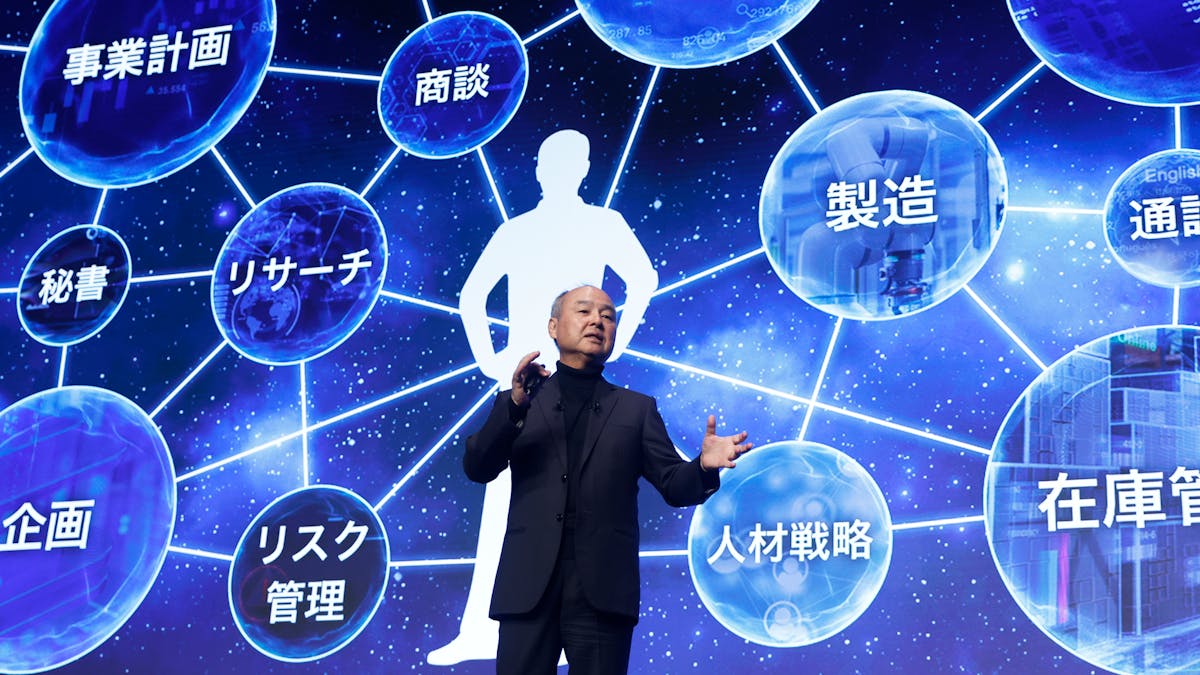SoftBank sold about 5.8 billion in Nvidia shares to help finance a reported 22.5 billion commitment to OpenAI. The move shifts AI investment from hardware to platform led models, raising questions about liquidity, valuation, governance, and where AI capital will flow.

SoftBank sold roughly 5.8 billion of its Nvidia holdings to help finance a reported 22.5 billion commitment to OpenAI, a move that surprised markets and sent the company stock sharply lower. This repositioning highlights broader AI investment trends in which capital increasingly targets AI platforms and generative AI services rather than only compute and infrastructure.
For years investors treated semiconductor companies such as Nvidia as the backbone of the AI boom because GPUs power training and inference for large language models LLMs and other machine learning workloads. At the same time, AI software firms and platform providers have captured attention for rapid enterprise AI adoption and subscription based revenue models with predictable ARR and strong value creation potential. SoftBank is choosing to reduce hardware exposure and increase direct investment in downstream AI platforms and applied AI services.
This repositioning has several consequences for how capital may flow across the AI ecosystem. First, capital flows may tilt toward platform and services as investors favor companies that capture recurring revenue and scalability advantages. Second, liquidity and valuation risk increase when public equity is converted into large private positions. Private stakes are harder to price and exits depend on future fundraising rounds or a public offering.
Nvidia and similar chipmakers benefit from broad demand across many AI use cases including data centers and cloud compute, providing diversified exposure to sector growth. Concentrated bets on a single AI provider expose investors to firm specific execution risk regulatory scrutiny and competition risk. The optimal balance between AI hardware and AI platform exposure depends on investor risk tolerance time horizon and portfolio construction goals.
SoftBank’s move signals strong conviction in OpenAI as a market leader in generative AI and LLM development. Large capital allocations of this kind can accelerate consolidation talent movement and strategic alignments across the AI stack. Competitors partners and regulators will watch closely as such flows reshape M and A activity venture capital and private equity interest in AI infrastructure and applied AI startups.
Investing billions in a private AI leader raises questions about governance and influence. Will SoftBank accept limited control for future upside or demand board representation and commercial rights? The answers will shape how conglomerates and funds structure future AI investments and partnerships.
Analysts are divided. Some view the move as a decisive shift toward where value will accrue in AI namely in platforms models and enterprise services. Others warn about over concentration and loss of exposure to the compute demand that underpins the entire stack. For executives investors and founders the key is to weigh growth potential against liquidity valuation and regulatory tradeoffs while monitoring AI investment trends for 2025.
SoftBank’s sale of its Nvidia stake to fund a large OpenAI commitment is a high stakes strategic decision that may presage greater capital concentration in leading AI platforms. Businesses investors and policy makers should track how this bet unfolds consider diversification strategies and prepare for new governance and regulatory questions as capital chases software led AI returns. Will others follow and accept higher concentration for the promise of outsized platform gains or will markets favor balanced exposure across compute and platform providers?



